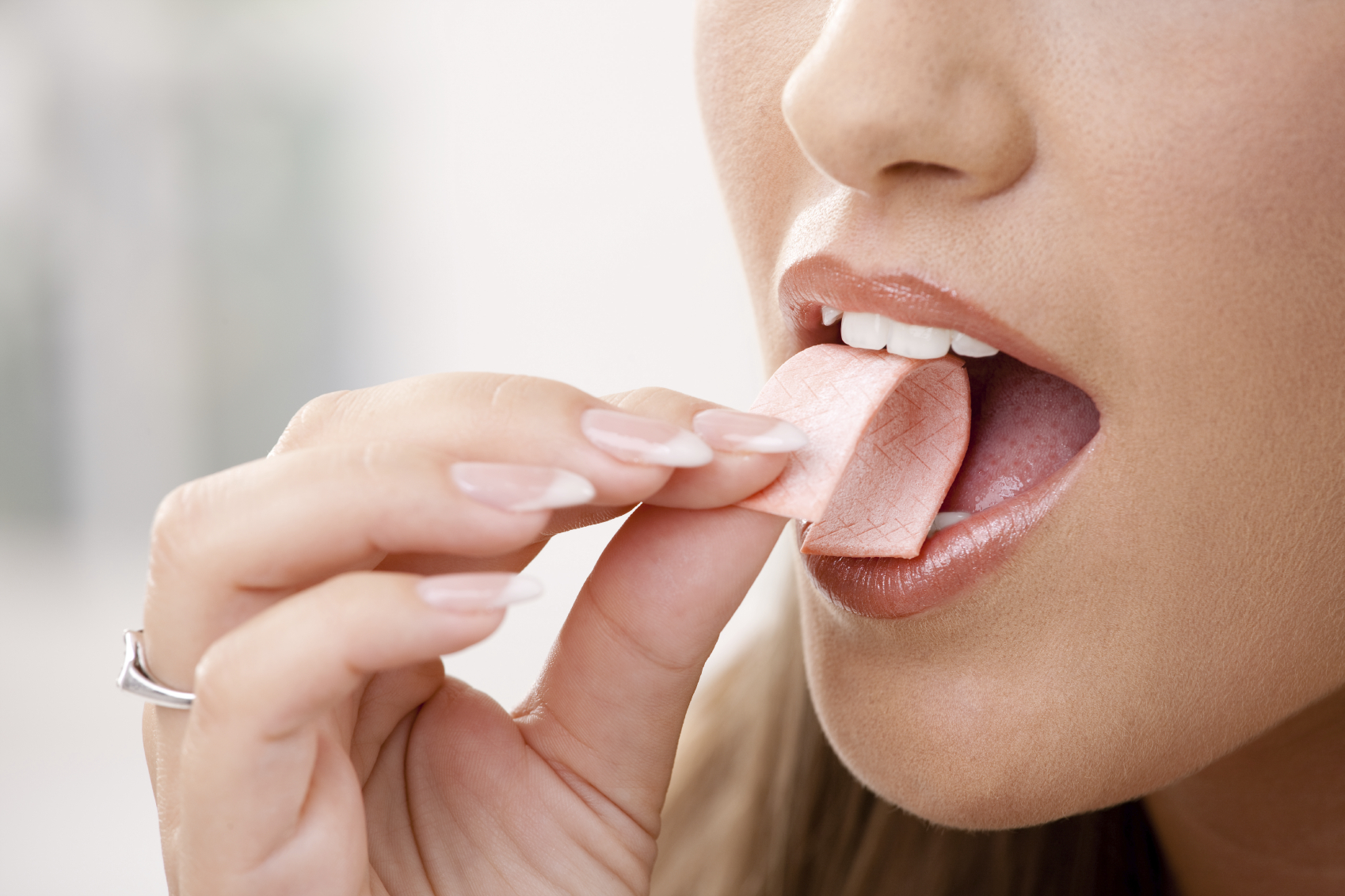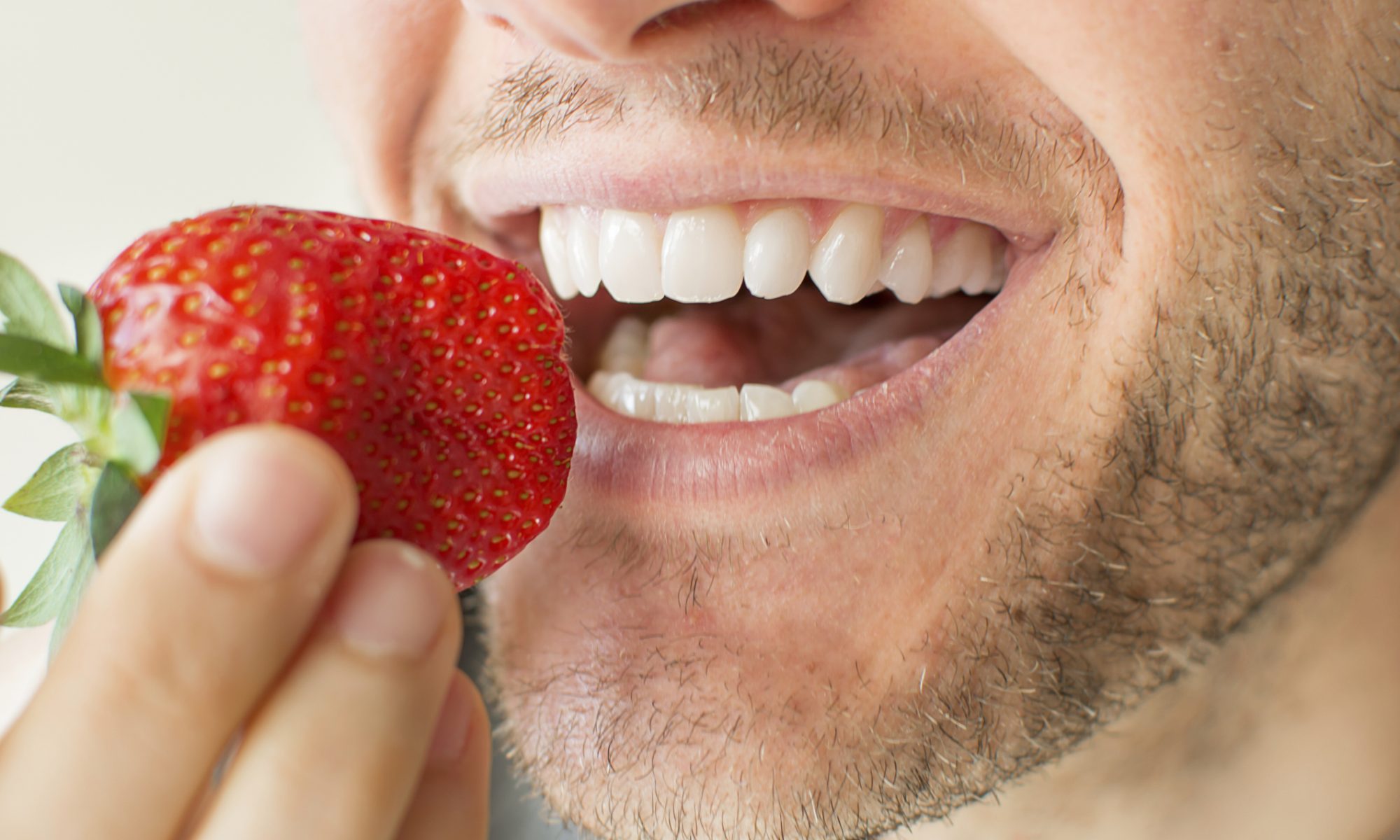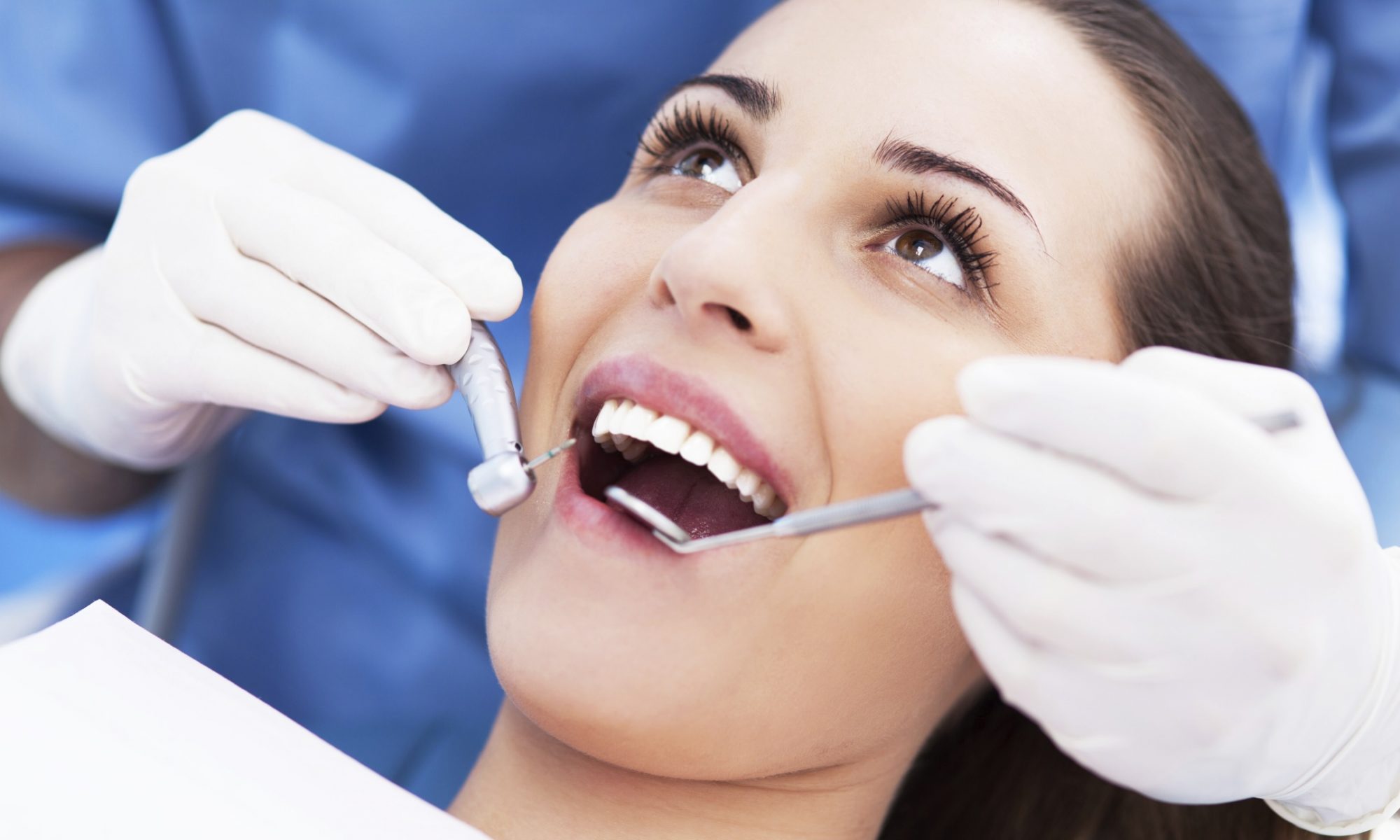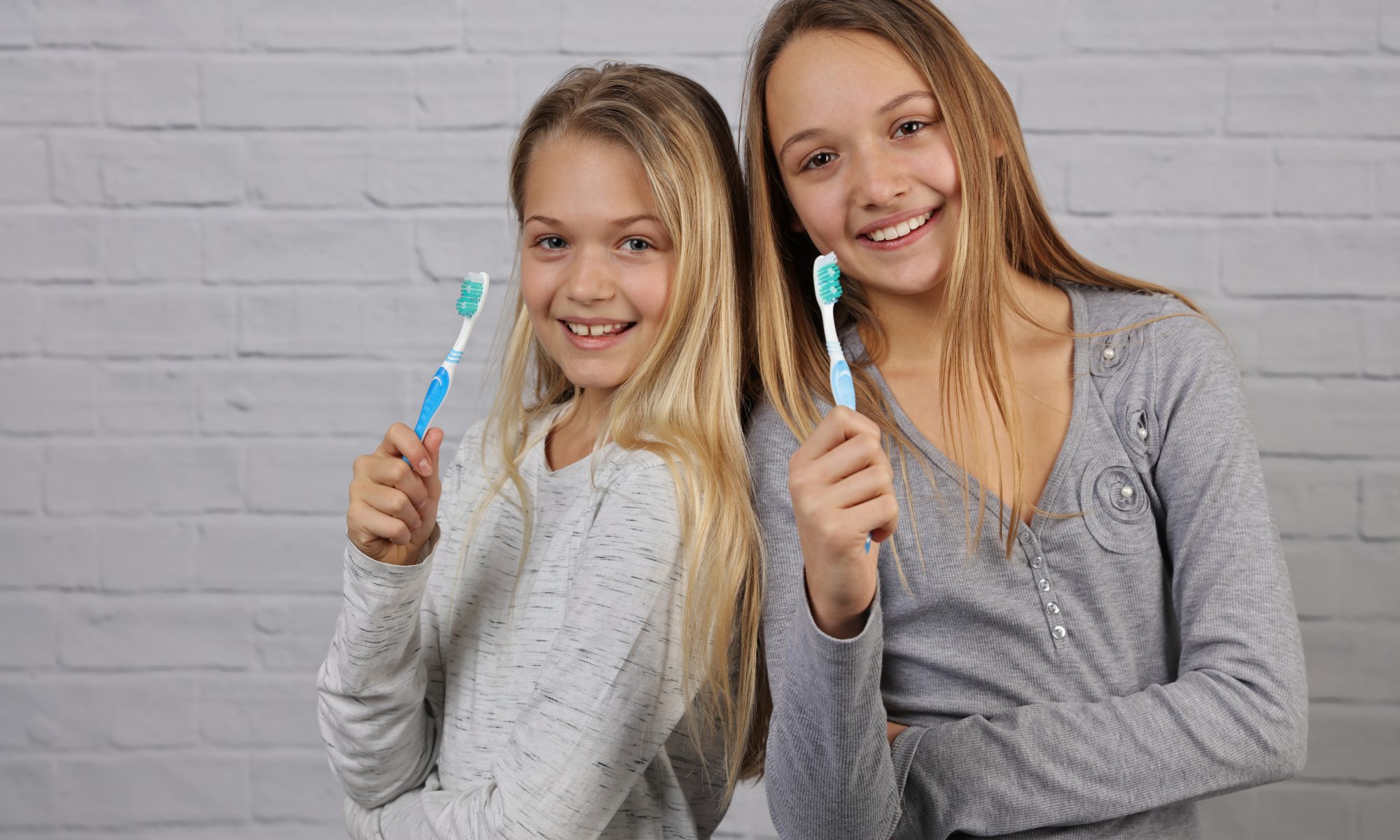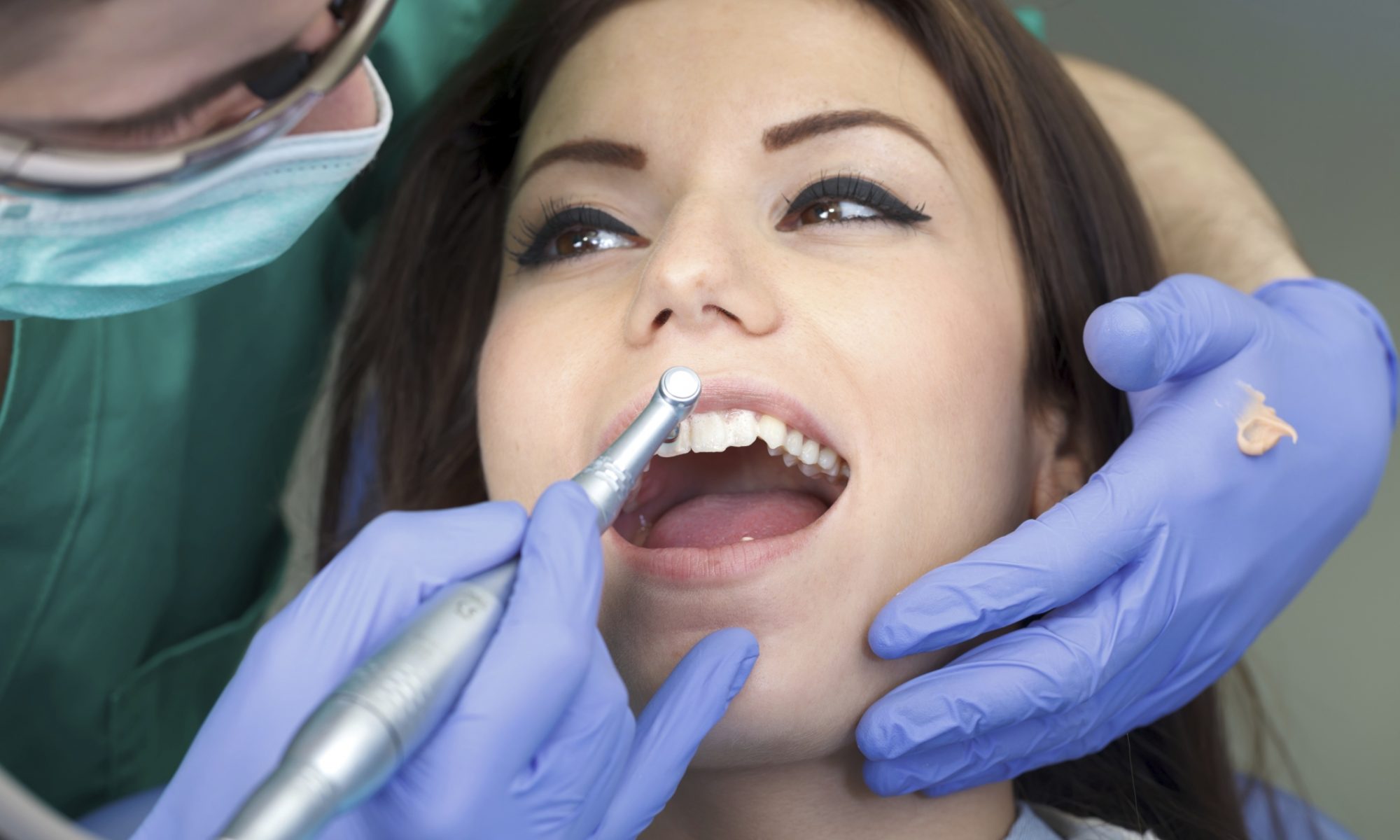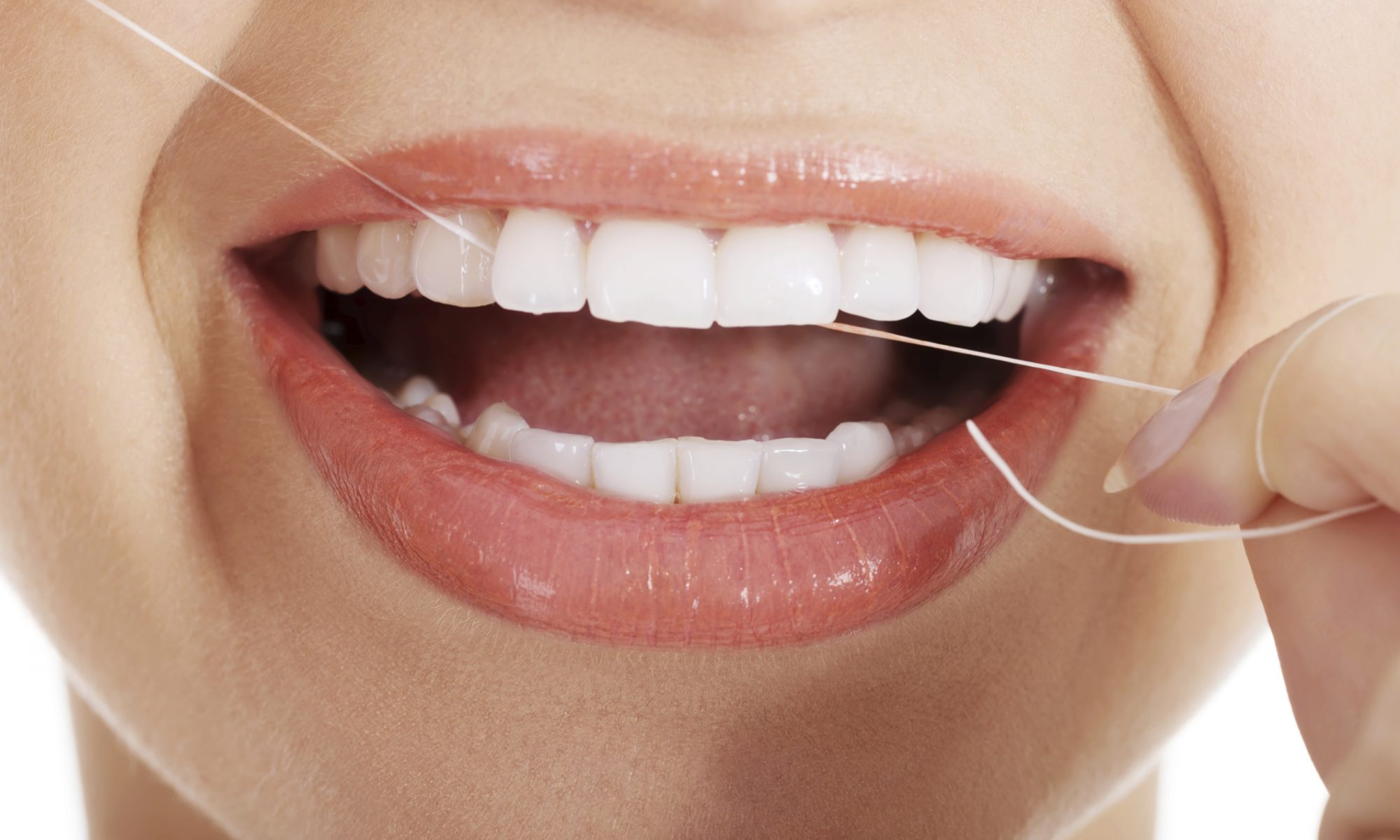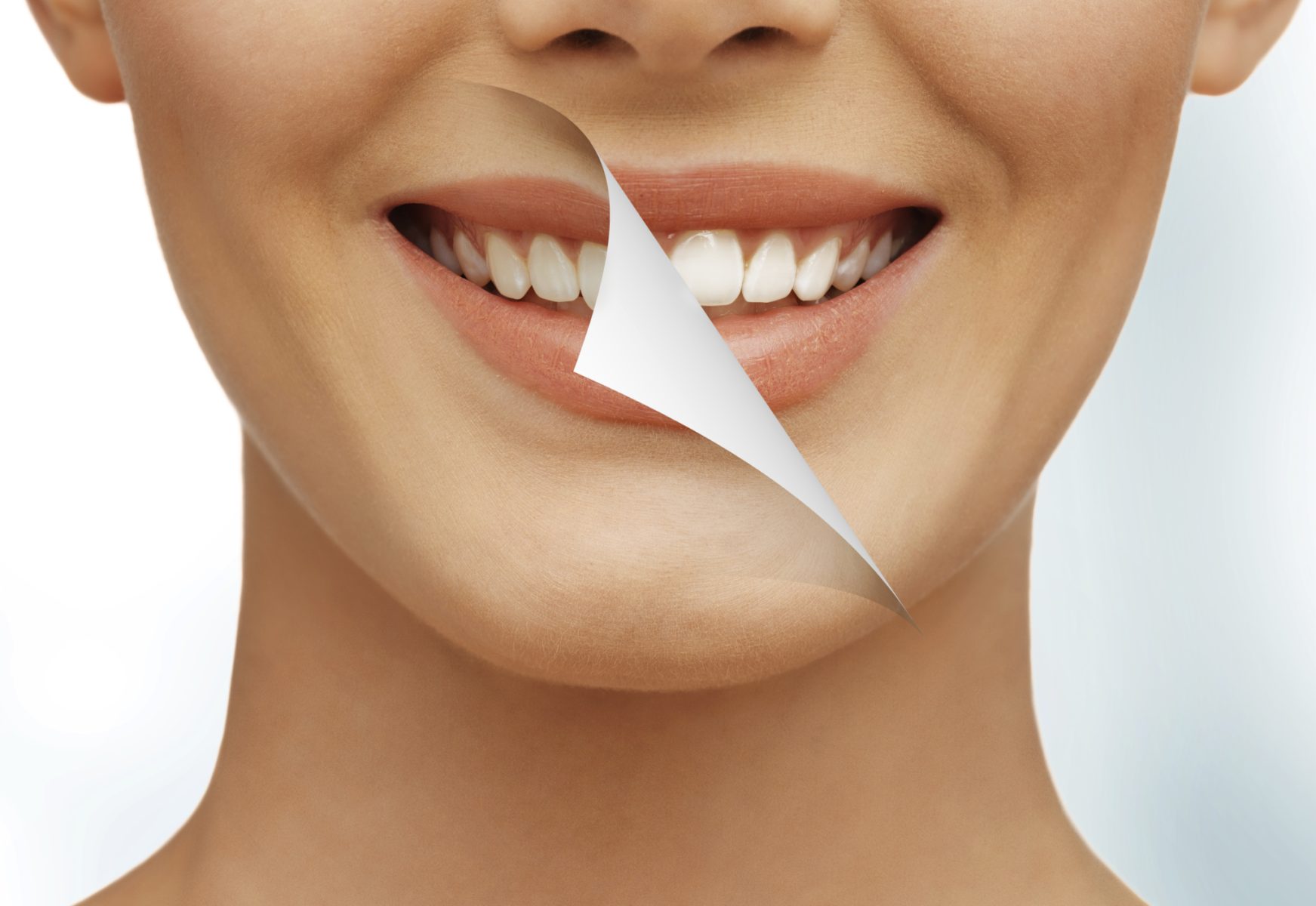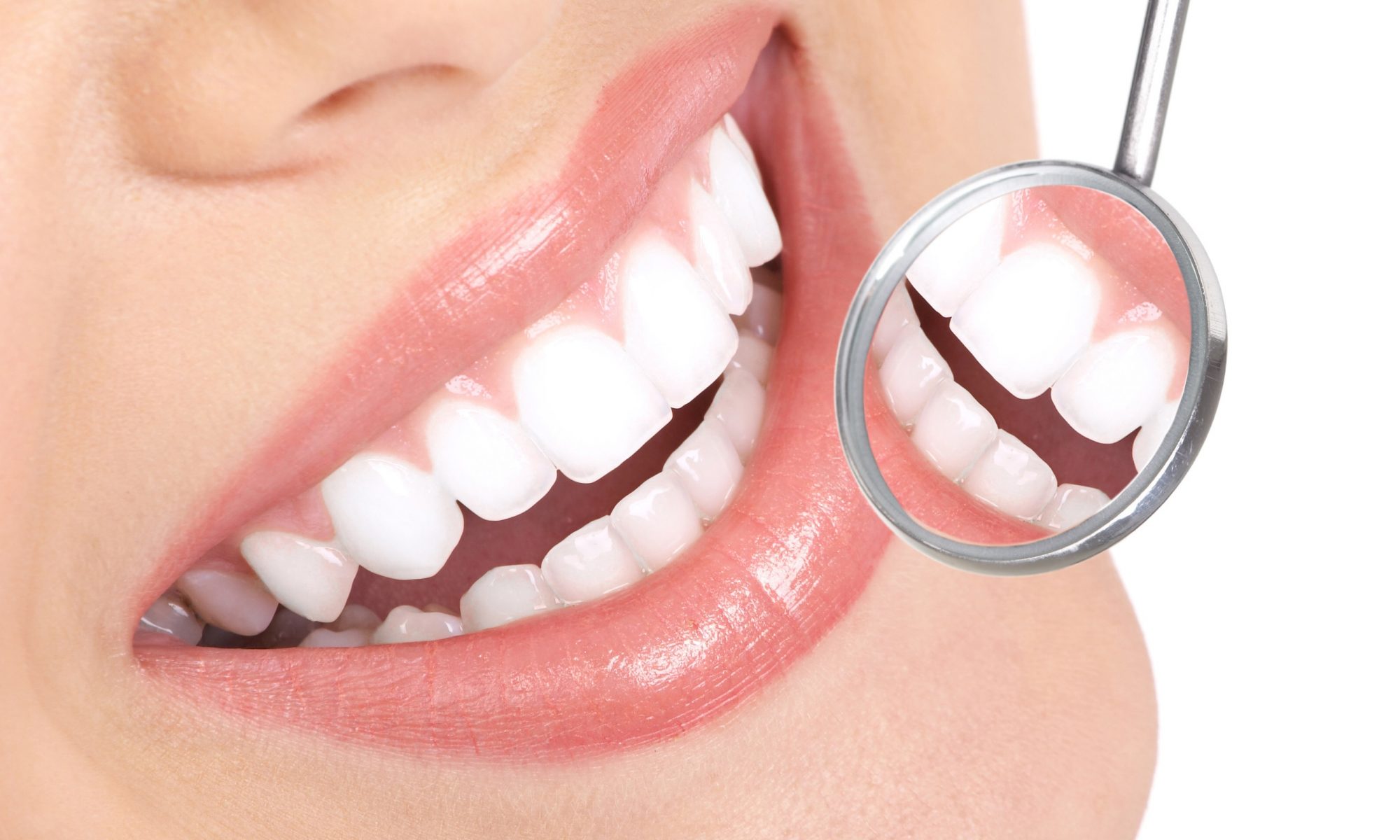Dental hygiene plays a crucial role in maintaining overall health, yet myths and misconceptions often cloud the path to optimal oral care. In this blog post, we will debunk some prevalent dental hygiene myths to help you make informed decisions and achieve a healthier smile.
Continue reading “Unveiling the Truth Behind Common Dental Hygiene Misconceptions | Central Park West Dentist”The Symptoms, Treatment, and Prevention of Oral Herpes | Central Park West Dentist
Oral herpes, commonly known as cold sores or fever blisters, is a prevalent viral infection caused by the herpes simplex virus (HSV). While it may not be a comfortable topic to discuss, understanding oral herpes is crucial for promoting awareness, reducing stigma, and preventing its spread.
Continue reading “The Symptoms, Treatment, and Prevention of Oral Herpes | Central Park West Dentist”The Difference Between Commercial and Private Dental Practices | Central Park West Dentist
When it comes to oral health, the choice between a commercial dental practice and a private dental practice is a decision many individuals face. Each type of practice has its unique set of characteristics, catering to diverse preferences and needs.
Continue reading “The Difference Between Commercial and Private Dental Practices | Central Park West Dentist”A Guide to Pediatric At-Home Oral Care | Central Park West Dentist
A child’s smile is a precious thing, and as parents, it’s our responsibility to ensure it sparkles with good oral health. Establishing proper dental care habits early in life sets the foundation for a lifetime of healthy teeth and gums. Here’s a comprehensive guide to pediatric at-home oral care to help you nurture those bright smiles.
Continue reading “A Guide to Pediatric At-Home Oral Care | Central Park West Dentist”The Lighter Side of Medicine: What To Know About Laughing Gas | Central Park West Dentist
Laughter, they say, is the best medicine. But what if you could literally inhale laughter? Enter nitrous oxide, more commonly known as laughing gas, a fascinating and widely used anesthetic with a side effect that has everyone smiling – uncontrollable fits of laughter. Let’s take a closer look at this whimsical gas and its surprising role in the world of medicine.
Continue reading “The Lighter Side of Medicine: What To Know About Laughing Gas | Central Park West Dentist”Enhance Your Smile With These Care Accessories | Central Park West Dentist
A well-rounded oral care routine is the first step towards attaining the smile you want, but if your hygiene is quite good, and you still aren’t seeing the results you want, aesthetic additions may do the trick. Here are some oral care accessories that can enhance your smile at home.
Continue reading “Enhance Your Smile With These Care Accessories | Central Park West Dentist”Care Practices To Avoid Staining Your Teeth | Central Park West Dentist
If you look at your teeth in the mirror and aren’t thrilled with what you see, your teeth may be stained as a result of the foods and beverages you consume. Common culprits of staining are red wine, dark sodas and coffee, three beverages casually consumed by the average person. There is nothing wrong with consuming dark foods and beverages, of course, but if you find your smile has become dull or yellow, it may be time to evaluate the habits that surround our consumption of them.
Continue reading “Care Practices To Avoid Staining Your Teeth | Central Park West Dentist”Nail Biting Can Damage Your Smile | Central Park West Dentist
We only get one set of adult teeth. They should be one of the most important things you work to protect through proper oral care and intended use. Biting your nails may seem harmless, but it can cause serious damage to a beautiful smile. It increases the risk you may chip a tooth, increase the number of harmful bacteria in your mouth and begin to shift your teeth.
Continue reading “Nail Biting Can Damage Your Smile | Central Park West Dentist”Understanding Tartar Buildup and Care | Central Park West Dentist
The buildup of plaque that hardens on your teeth is known as tartar. When plaque isn’t removed properly from your hygienic routine, that’s when plaque can turn into tarter which may require a more intense means of removal. While tartar buildup can happen, there are ways your can mitigate your risk. Tartar control toothpastes and rinses can help eliminate stubborn plaque to help prevent tarter all together. Regular visits with your dentist and flossing also go a long way in helping ensure a thorough oral care routine and minimize the risk of tartar buildup.
Tartar is a buildup of minerals that, if above the gum line, is fairly easy to spot. If you notice yellow or brown-colored stains on the teeth or gums, it may be tarter. The only real way to know however, is to consult your dentist, and they can remove it for you. Your dentist or hygienist may employ a method called scaling in which he or she uses special instruments to remove the tartar from around the gum line and bottom of the tooth pocket.
If you are employing a thorough routine of proper brushing and flossing, you should be able to avoid tartar buildup. Yet, it’s still important to understand the signs and symptoms of tartar buildup, so that if you do recognize it’s happening, you can consult your dentist sooner than later. If it gets really bad, you may experience bad breath, darker staining, loose teeth and red, swollen or bleeding gums. If this happens, its best to consult your dentist immediately before things get worse.
If you have questions or concerns about your tarter buildup, make an appointment today with Dr. Schnall at 212-247-7059 or visit our website at www.philipschnalldmd.com.
Dr. Philip Schnall proudly serves Central Park West and all surrounding areas.
Porcelain Veneers: Best Care Practices | Central Park West Dentist
So, you have decided to make the investment and embark on the journey to get porcelain veneers. Once the process is over, you feel more confident than ever to show off your pearly whites to the world. Yet, when you are home taking care of them, you’re worried about damaging, stinging or otherwise failing to properly care for them. Here are some best care practices to consider to maintain your porcelain veneers for years to come.
Stop Clenching and Grinding- This bad habit is a great way to chip or break your veneers over time. Bruxism, or the grinding of teeth at night, can be avoided by incorporating a night guard when you sleep. Reducing stress or finding alternative means to clenching your teeth will also go a long way in maintaining your new pearly whites.
Avoid Unnecessary Force- Nail biting, chewing ice, and forceful brushing can break or dislodge a veneer; they can also be the reason your dentist recommended veneers, to begin with. It’s important to make an effort to avoid these habits for the longevity of your veneers.
Good Oral Hygiene- Maintaining good oral hygiene such as regular brushing, flossing, and incorporating a mouthwash is great for your natural teeth and veneers. Veneers are placed along the gemlike to retain the appearance of being natural, so it’s important to keep your oral hygiene up to avoid a receding gemlike that may expose the veneer.
Limit Staining- Porcelain is a material that resists stains, but the dental cement used to keep them in place unfortunately is not. Coffee, tobacco, wine and any other food and beverage that may stain your teeth will stain the cement over time. Eventually, if not properly cared for along the way, the cement will become discolored and look odd against your veneers – or even start to make your veneers look discolored by association.
If you have questions or concerns about best care practices, make an appointment today with Dr. Schnall at 212-247-7059 or visit our website at www.philipschnalldmd.com.
Dr. Philip Schnall proudly serves Central Park West and all surrounding areas.
